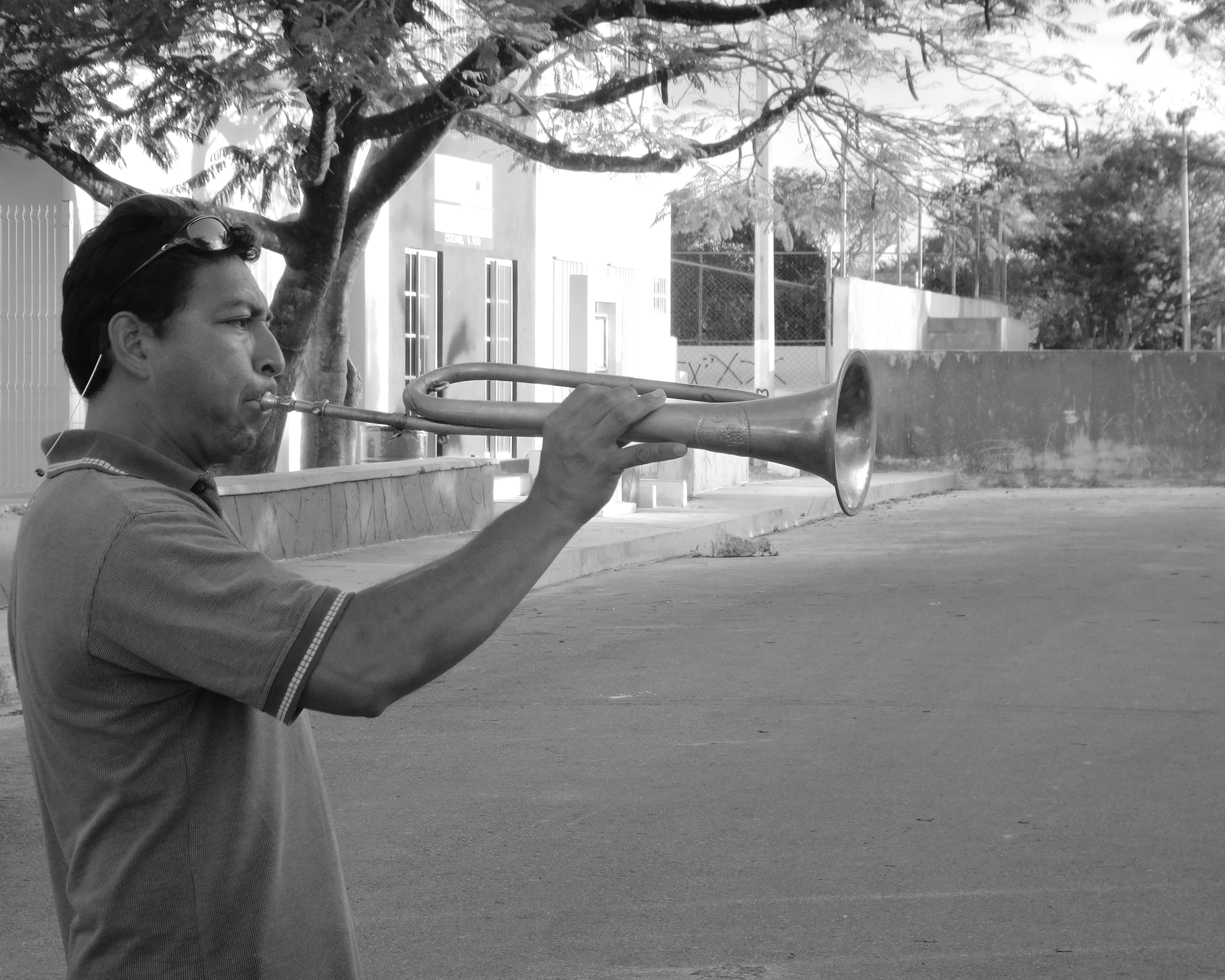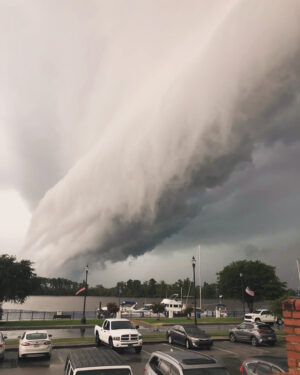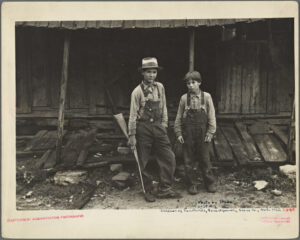I was born in Rome, GA, and raised in Trion, Pennville, and Summerville, GA After many years as a road musician and earning three degrees–A.S., B.A., M.A., I taught English in three colleges, two of them in Georgia, after returning to my roots. I now live and write in a “holler” alongside the Chattahoochee National Forest. I wrote two published books, Pennies on the Tracks (fiction–short stories) and Glass Cuts the Shadow (poetry). I also received writing awards and recognition: Pulitzer Prize contender, Pushcart Prize Nominee, Associated Writing Programs Nominee, and national ADDY awards for advertising copywriting, including First Place in WI, MN, ND, and SD. Others are awards for songwriting from the American Song Festival and various poetry and essay awards. I edited two college newspapers, the Centron and the Mirror. I now write a lot of allegorical poetry, and I write the ongoing Grammar Nudge as a refresher for advanced writers and a little push for beginners. Yes, I am a Southern writer, and there is even a “Dead Mule” in my story “Winesaps” in my book Pennies on the Tracks.
“Particles” in English.
Particle: added word(s) that changes the meaning of the main verb and becomes a
phrasal verb. The word may even look like a preposition but is not.
“put”: to place. — No particle.
“put up”: to preserve (peaches). — Single particle “up.”
“put up with”: to tolerate (noise). — Double particle “up with.”
The following is NOT ending a sentence with a preposition but with a particle:
Last night, I had to put him up. (I gave him lodging.)
“Put him up” is NOT ending with a preposition but a particle. In this case it IS correct
to split the infinitive “(to) put up.
Last night, I had to “put up him.” NOT.
Go ahead and split the infinitive if you want to make sense!







